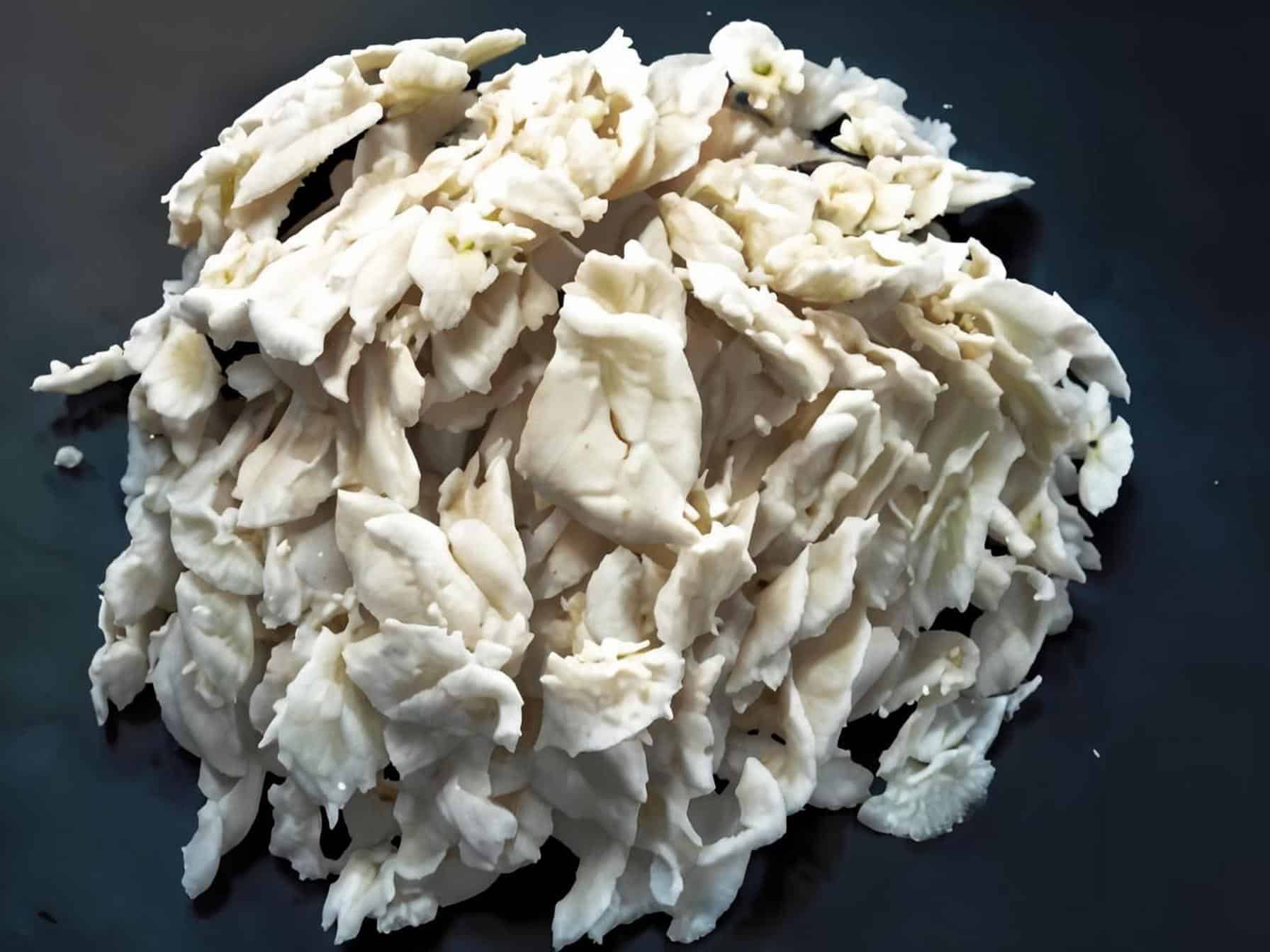Epoxy Resin: Properties, Types, and Applications
Epoxy resin, a thermosetting polymer, is known for its durability, chemical resistance, and strong adhesive properties. It offers outstanding performance in coatings, adhesives, and composite materials, being resistant to chemicals and environmental stress.

Key Features of Epoxy Resin
- Low Shrinkage: Excellent dimensional stability during curing.
- Strong Adhesion: Bonds well to metals, glass, wood, and more.
- Chemical Resistance: Effective against acids, bases, and industrial solvents.
Types of Epoxy Resin
- Basic Epoxy Resin (Bisphenol-A): Used in coatings, adhesives, and electronics due to its low viscosity and high mechanical strength.
- Specialty Epoxy Resins: Include high-purity resins for electronics and phenolic resins for high-temperature applications.
Applications
- Coatings: Epoxy coatings offer chemical resistance, electrical insulation, and strong adhesion, making them ideal for industrial, automotive, and construction applications.
- Composites: Epoxy composite materials (e.g., glass and carbon fiber) are lightweight and durable, essential in aerospace and automotive industries.
- Adhesives: Widely used in electronics, aerospace, and structural bonding due to their flexibility, toughness, and reliability.
Epoxy resin remains an indispensable material in diverse fields such as coatings, electronics, and adhesives, providing high strength, durability, and versatility.
For more information about epoxy resin from YQXPOLIMER, please reach us at: sales@yqxpolymer.com or +86-28-8411-1816.
Some pictures and texts are reproduced from the Internet, and the copyright belongs to the original author. If there is any infringement, please contact us to delete.

